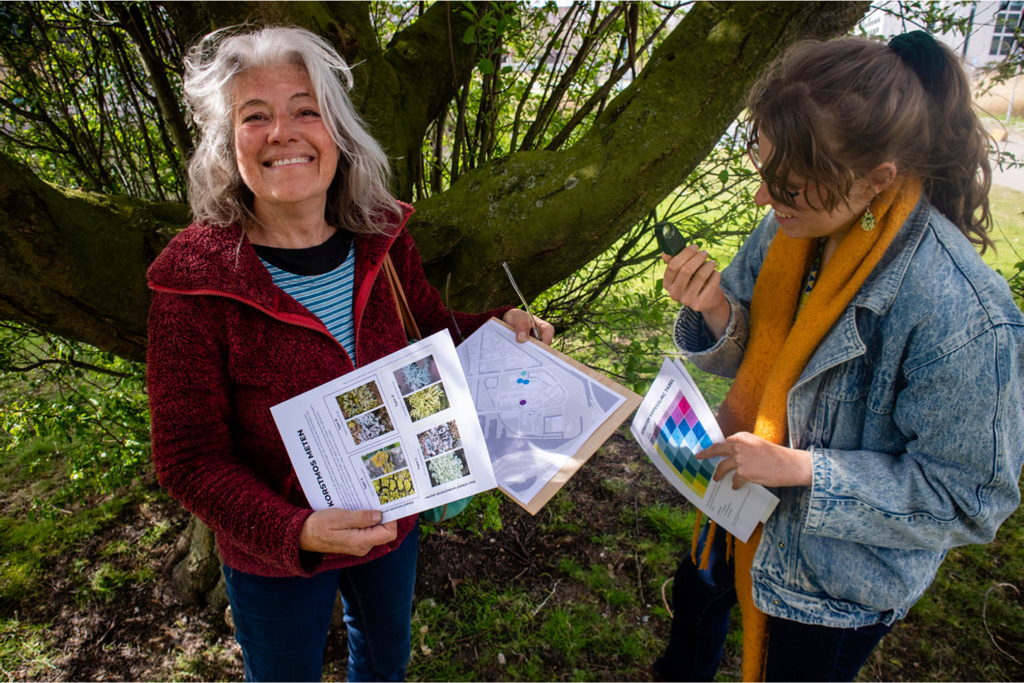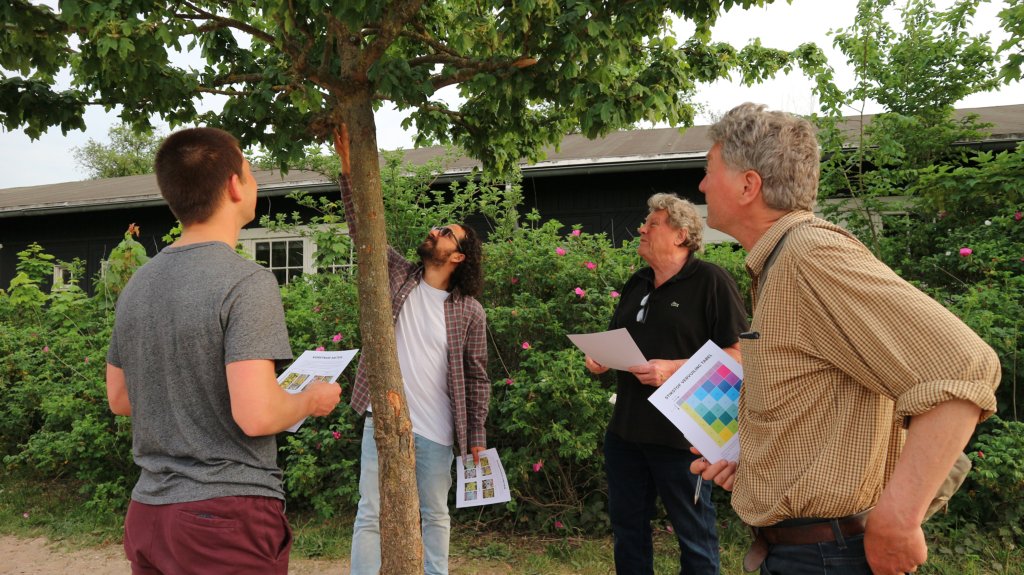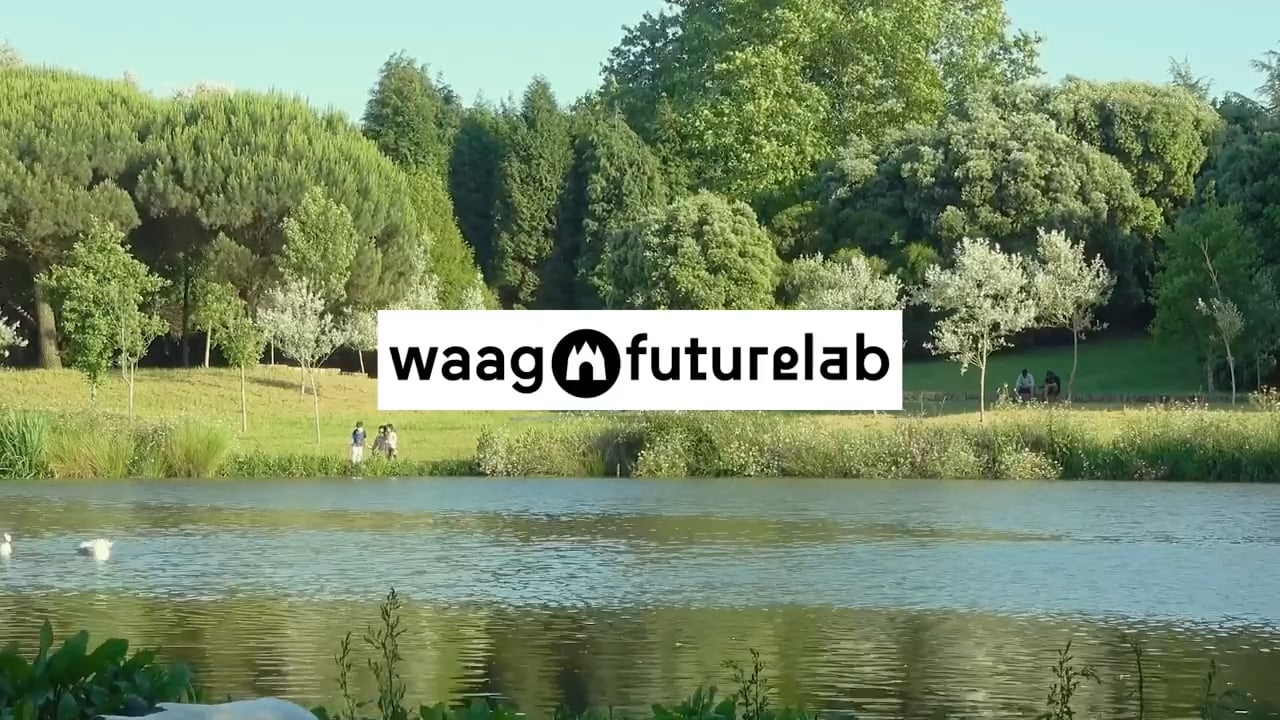Most of us are aware of the current environmental crises. However really being aware of the states, changes, interactions and responses within the ecosystems we are immersed in is more difficult. Our relationship to what we call “nature” is complex; some describe this as not being “in tune”. However, we can learn a lot about nature if we know where to look. This then increases our responsibility and behaviour when cohabiting with the more-than-human. In this project, we explore how to include nature in Waag’s citizen sensing projects. Citizen sensing focuses on the wishes of the citizen, aiming to increase action perspective on their behalf. Citizens collaborate with communities and organisations to become informed about the state of their environment.
This project explores ways in which nature can be included in citizen sensing projects. These inclusive sensing projects can facilitate ways for people to explore, learn from and care for the environment in which they live. It investigates not only roles in which nature could become a part of these projects but also shows ways in which this inclusion could help us grow towards new relationships with multi-species environments.
Sensing projects can facilitate action perspectives in bottom-up nature preservation and regeneration efforts. In the workshop, we improve our understanding of nitrogen pollution by observing lichen, thereby measuring. the air quality. The type of lichen in your surroundings says something about your environment. The project workshop allows participants to use their own senses to reveal environmental disturbances in their environment.
The inclusion of what we might call “nature” in citizen sensing projects can facilitate new ways for people to explore and learn from the environment in which they exist. As designers, we have to take into account present-day culture when working with contemporary practices, exploring how to aid transitions that move towards new futures while making sure they fit within its context. Taking a research through design approach, the project presents possibilities for design to aid the transformation towards the post-Anthropocene.






